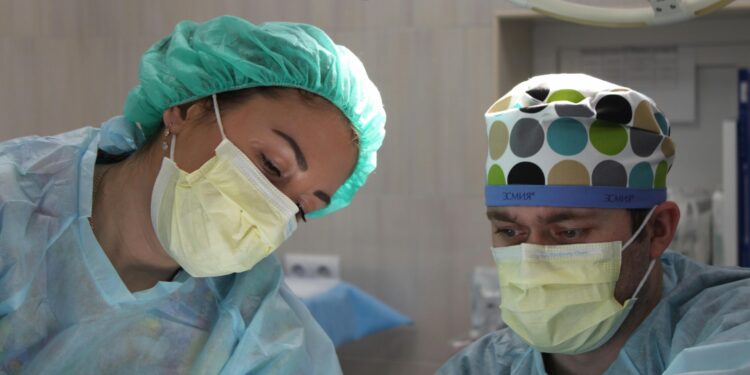Richard Slayman, the first man to undergo a genetically modified pig kidney transplant, has passed away two months after the surgery. While the hospital initially deemed the operation successful, noting the proper functioning of his organs post-surgery and the cessation of dialysis, his death is now believed to be potentially linked to other pre-existing health conditions he faced.

Why it matters
The death of Richard “Rick” Slayman, the first man to receive a genetically modified pig kidney transplant, highlights the complexities and risks associated with xenotransplantation. Despite initial success in the operation and the hope it brought for patients in need of transplants, his death underscores the challenges and uncertainties in this emerging field of medical science.
What they are saying
The Massachusetts General Hospital (MGH) expressed its deep sadness at Mr. Slayman’s sudden passing and emphasized his role as a beacon of hope for transplant patients worldwide.
Mr Slayman will forever be seen as a beacon of hope to countless transplant patients worldwide and we are deeply grateful for his trust and willingness to advance the field of xenotransplantation,” MGH said in a statement.
His family echoed this sentiment, emphasizing his dedication to advancing medical science and providing hope to others in need of transplants.
Rick said that one of the reasons he underwent this procedure was to provide hope for the thousands of people who need a transplant to survive,” they said.
“Rick accomplished that goal and his hope and optimism will endure forever.
“To us, Rick was a kind-hearted man with a quick-witted sense of humour who was fiercely dedicated to his family, friends, and co-workers,” they added.
Bottom Line
While Mr. Slayman’s transplant initially showed promise, his death underscores the need for further research and caution in the field of xenotransplantation. Despite the tragic outcome, his legacy as a pioneer in medical science and his dedication to helping others will endure.

















